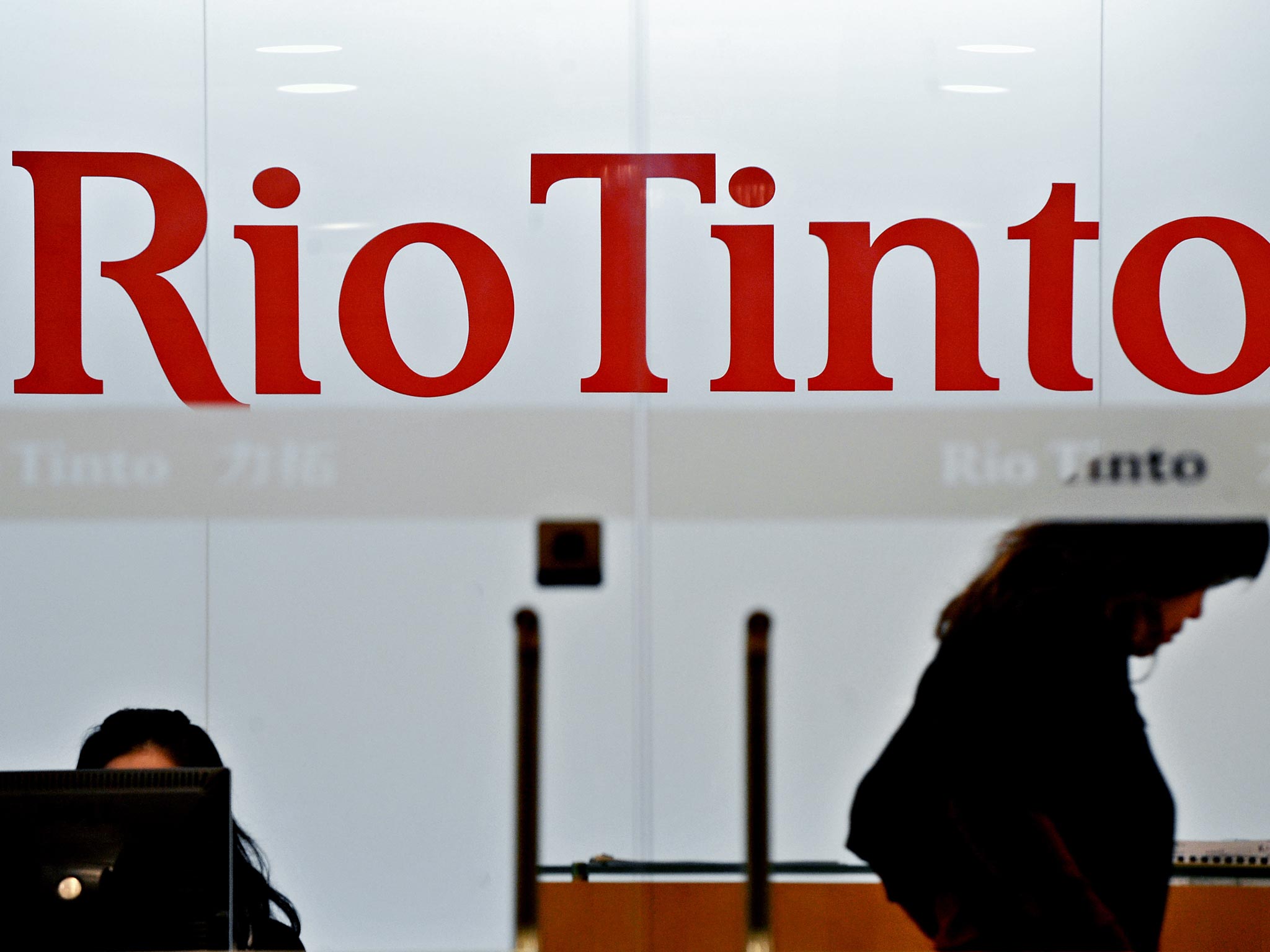Trump administration set to approve handing sacred Native American land to giant mining corporations
San Carlos Apache tribe opposes deal that would destroy religious sites

Your support helps us to tell the story
From reproductive rights to climate change to Big Tech, The Independent is on the ground when the story is developing. Whether it's investigating the financials of Elon Musk's pro-Trump PAC or producing our latest documentary, 'The A Word', which shines a light on the American women fighting for reproductive rights, we know how important it is to parse out the facts from the messaging.
At such a critical moment in US history, we need reporters on the ground. Your donation allows us to keep sending journalists to speak to both sides of the story.
The Independent is trusted by Americans across the entire political spectrum. And unlike many other quality news outlets, we choose not to lock Americans out of our reporting and analysis with paywalls. We believe quality journalism should be available to everyone, paid for by those who can afford it.
Your support makes all the difference.The Trump administration is set to hurriedly approve the handing over of sacred Native American land in Arizona to a pair of giant Anglo-Australian mining corporations.
The move, expected before the end of the year and months ahead of schedule, would grant Rio Tinto and BHP more than 2,400 acres to build a copper mine that would destroy religious and cultural sites sacred to the San Carlos Apache tribe.
Critics and tribal leaders claim the project’s environmental review process is being fast-tracked in order to push it through before Joe Biden takes office in January.
The US government and Resolution Copper, the joint venture owned by Rio Tinto and BHP, denied those charges, with the US Forest Service insisting the review process was simply concluding faster than expected.
The proposed deal would see Resolution Copper hand the US government more than 4,000 acres of land elsewhere in exchange for the site in the Tonto National Forest, in the southeast of the state.
The land swap, outlined in US government documents, reflects the tension between the increasing global attention on the rights of indigenous peoples and the need to boost metals production to power electric vehicles and reduce global carbon emissions. Copper is used to make solar panels, wind turbines and electric car batteries.
The San Carlos Apache tribe says the mine, if built, would destroy land considered the home of religious deities and sites used for tribal ceremonies, including one to celebrate teenage girls who have come of age.
“This is about religious freedom,” said Terry Rambler, chair of the tribe. “For me and our people, it’s a fight not only for today, but for our children and grandchildren.”
Rio and partner BHP Group Plc have sought for years to access the underground copper deposit in the Tonto National Forest, which abuts the San Carlos reservation.
A last-minute addition to a 2014 Pentagon funding bill signed by former president Barack Obama allowed Rio to exchange land it owns near the forest for land above the copper reserve, with the caveat that the swap could not occur until an environmental study was published.
The US Forest Service has changed its publication estimate several times. Last April, the agency said it would come in 2021. Three months later, that was changed to December 2020.
The Forest Service referred requests for comment to a 1 December statement where it said the plan for December publication “does not reflect an acceleration”.
But, according to The Guardian, local officials in Arizona said in a meeting with environmental groups that they were getting “pressure from the highest level at the Department of Agriculture”, which oversees the Forest Service.
The San Carlos Apache tribe has worked with mining companies in the past, most recently selling water to a mine owned by Freeport-McMoRan Inc, though the tribe said that was a decision it made itself, not one decided by the US government, as with the land swap.
Rio said that its Resolution Copper subsidiary, which is developing the mine, has not tried to expedite the permit process.
“The project is not being ‘fast-tracked’,” the company said, adding that if the land swap occurs, the Apache will be able to visit the land for the next few decades.
Rio faced criticism earlier this year for destroying indigenous sites in Australia. Native Americans say the mining giant is poised to make the same mistake in Arizona.
Rio said it has consulted with the San Carlos and other Arizona tribes about preserving other culturally significant locations, including Apache Leap, a rock cliff where in the late 19th Century Apaches jumped to their deaths to avoid capture by US troops.
Mr Biden was overwhelmingly supported in last month’s presidential election by Native Americans across Arizona, exit polling data shows. Tribal leaders are already lobbying the incoming president to block construction permits for the mine.
Mr Rambler, the tribal chairman, said Mr Biden’s transition team is considering his request to meet with the president-elect.
Additional reporting by Reuters




Join our commenting forum
Join thought-provoking conversations, follow other Independent readers and see their replies
Comments